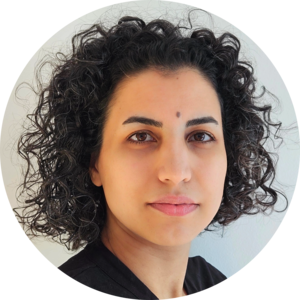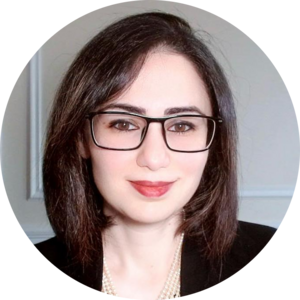This webinar is scheduled for Wednesday, October 29, 2025 at 11:00 AM EST.
To see what time this is in your time zone, please click on the following link: https://bit.ly/48eOISs.
Join us for an exciting webinar exploring how artificial intelligence is reshaping frontotemporal dementia (FTD) research across disciplines. From the bench to the clinic, AI is breaking silos and driving innovation in neuropathology, neuroimaging, and speech-language science. Talks will cover cutting-edge applications of AI across multiple domains: digital neuropathology (Dr. John Crary), neuroimaging with MRI (Dr. Mahsa Dadar), and speech and language analysis for clinical diagnosis (Dr. Neguine Rezaii). Together, these perspectives illustrate how AI-driven methods are opening new avenues for earlier detection, improved classification, and deeper insights into the underlying mechanisms of FTD.
Program
– Opening remarks by moderators Drs. Maxime Montembeault and Elise Marsan
– AI in Neuropathology – Dr. John Crary
– Applying AI to MRI Imaging in the Context of FTD – Dr. Mahsa Dadar
– Applying AI to Speech and Language Samples for Clinical Diagnosis in FTD – Dr. Neguine Rezaii
– Q&A



